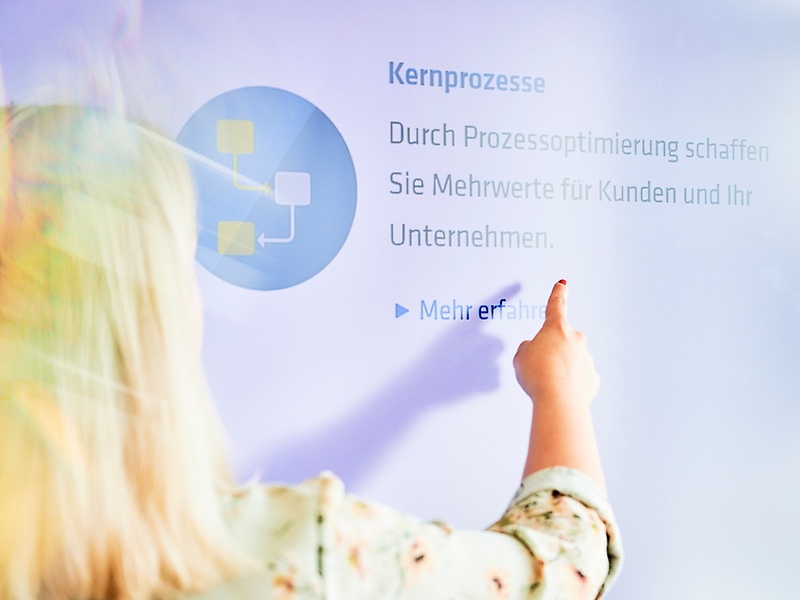With the introduction of SAP S/4HANA, SAP offers an industry solution for mortgage banks, but the SAP standard is not sufficient to cover the requirements of building societies.
To meet these requirements, the banking solutions of SAP S/4HANA Banking are used as a basis and, where necessary, supplemented with add-ons from third-party providers. The building savings and construction financing functions and processes that are not covered by standard solutions are developed step-by-step and incrementally in cooperation with adesso. The goal is to establish a new industry solution for building societies in the future, if the cooperation is successful, by integrating all solutions based on SAP.
Goals
One sphere of activity in the business strategy of building societies is the fundamental modernisation of IT, which is in part very outdated. In addition to projects to modernise market systems, the main focus here is on scalability and maintainability so that specific regulatory requirements and industry requirements can be implemented in the long term.
By integrating different components and by developing an industry solution for building societies based on S/4HANA, the following main goals are pursued:
Implementation of industry requirements: For reasons of business policy and marketing, competitive advantages are established and a signal is sent to the outside world.
Scalability: The further development of the industry solutions enables us to react quickly to new or changing requirements.
Digital transformation: Current technologies are used as a basis to ensure long-term scalability.
Networking of process chains: By integrating different solutions on the technological basis of SAP S/4HANA, processes that previously only ran in parallel can now be better coupled. In this way, the core businesses can be pursued in a more targeted and integrated manner – such as building society savings, loans or housing subsidies.
Transparent data flow: Improved performance in processing the high transaction and data volumes enables additional evaluations.
Problems
For historical reasons, solutions developed in-house (core banking systems) in the building society environment usually comprise numerous applications whose modules were developed with technologies and programming languages that have long been obsolete. As a result, legacy systems have already reached the degeneration phase of the product life cycle. Since further developments are therefore only possible to a limited extent, performance deficits and insufficient functionality result, which is why the legacy systems no longer meet the requirements.
The challenges in replacing legacy systems primarily include the following aspects:
Long service life (much company knowledge)
Obsolete technologies
Data stocks distributed over various storage
Documentation (if available) not consistent with the implementation
Black box character (works, but nobody knows how)
Developer (maintenance) no longer available
The replacement of existing systems usually takes place in several stages:
In the first stage, a reduced scope is first implemented and used productively. This first stage runs in parallel with the existing core banking system.
In the second stage, parallel operation of the old and the new, then fully-fledged core banking system follows. The burden of processing new customers is gradually transferred from the old to the new core banking system, and the old portfolio is still being processed in the old system.
In the third step, all data from the old system is transferred to the new system so that the old system can be deactivated.
This requires that both the applications and the data be broken down into functionally independent packages, which can then be replaced incrementally. The prerequisite is that all existing dependencies – even those that are not immediately evident – are identifiable from a professional and technical point of view.

